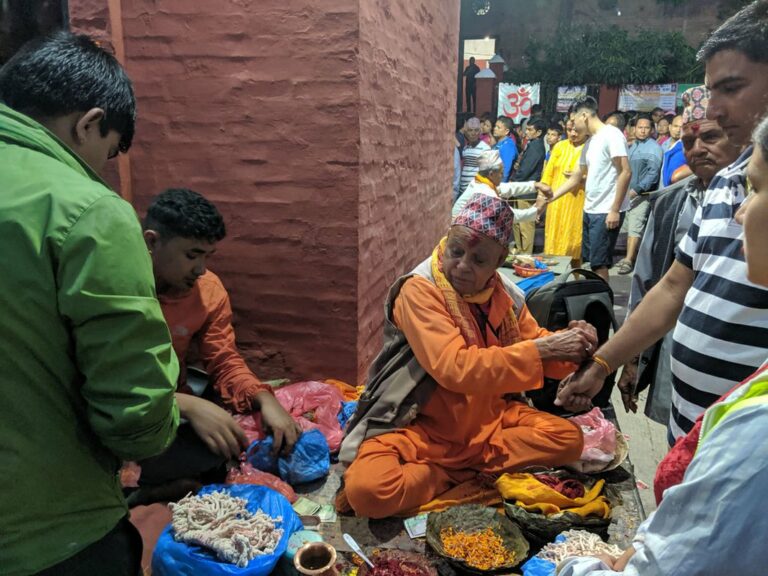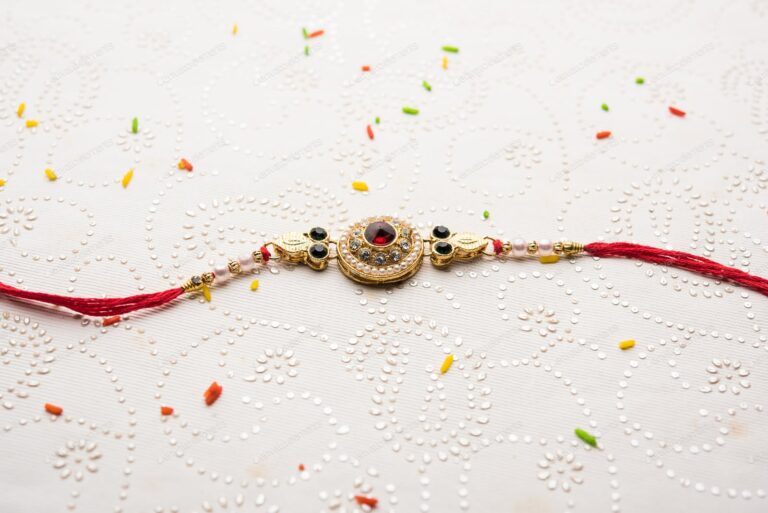
22 August 2021, Kathmandu
The festival of ‘Janai Purnima’ or ‘Rishi Tarpani’ is being observed across the country today. The festival is basically observed by the majority Hindus in the country.
On the occasion of Janai Purnima, the tagadharis or those who wear the ‘Janai’ (the sacred thread) around their bodies from the left shoulder change the sacred thread today after having a haircut and a bath.
According to the time-honoured tradition, Hindu people receive the ‘Raksha Bandhan’ thread, which is tied around the wrist as an amulet.
The yellow thread is purified through the chanting of mantras by Brahmin priests as a symbol of protection from fear and disease. The occasion is also observed as ‘Kwanti Purnima’ by Newar community.

Kwanti, a soup prepared from nine different beans, is a special delicacy added to the Nepali menu today. “Kwati” is made from soaked and sprouted beans. In Nepal language, Kwati means ‘Kwa:’ which means hot dish, ‘Ti’ means liquid.
Today, there is a belief that if you eat Kwati, you will get rid of various diseases related to digestion. A special type of Kwati eaten by the Newar community is called “Nwangi”.
In the Terai region, there is a tradition in which sisters tie an attractive ‘Raakhi’ around the wrist of their brothers wishing them long life and prosperity. It is celebrated in India, Nepal and other parts among people around the world influenced by Hindu culture.
Raksha Bandhan is observed on the last day of the Hindu Lunar calendar month of Shravan which typically falls in August. The expression “Raksha Bandhan,” Sanskrit literally, “the bond of protection, obligation, or care,” is now principally applied to this ritual.

On this day, sisters of all ages tie a talisman, or amulet called the rakhi around the wrists of their brothers, symbolically protecting them, receiving a gift in return, and traditionally investing the brothers with a share of the responsibility of their potential care.
The Buddhists observe this day in commemoration of the day the Lord Gautam Buddha defeated the evil power of lust. This episode is well-described in the Buddhist scripture ‘Lalitbistar’.
Religious fairs take place at Pashupati and Manichud of Kathmandu; Gosainkunda of Rasuwa; Kumbheshwar of Lalitpur; Panchpokhari of Sindhupalchok; Janakpurdham, Dhanush Sagar and Ganga Sagar of Dhanusha, Dansanghu of Jumla and Trivenidham of Nawalparasi.










